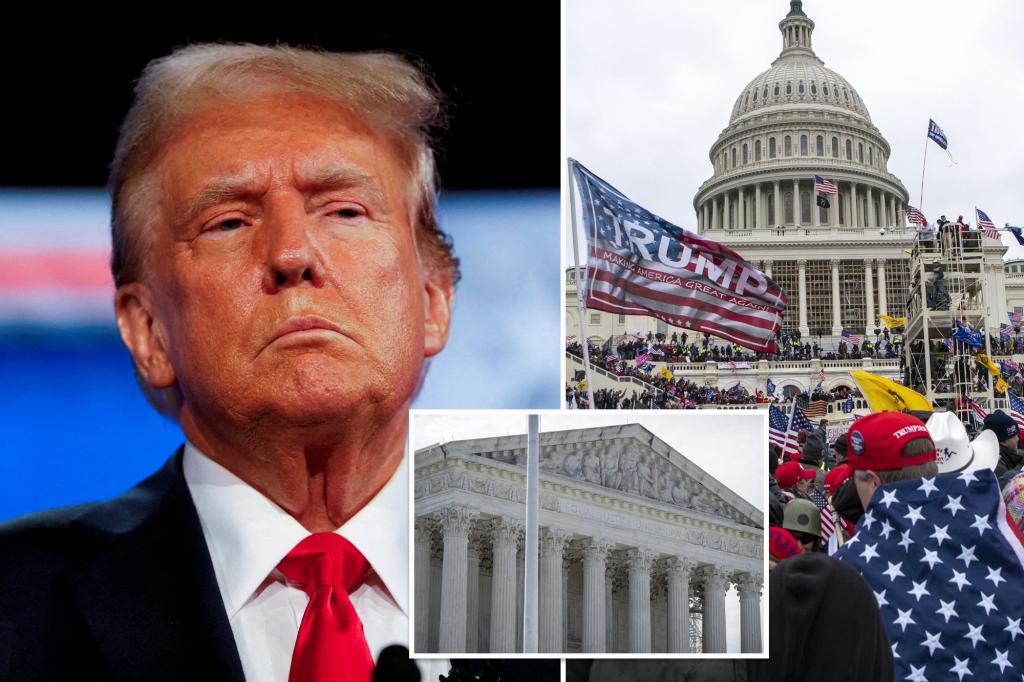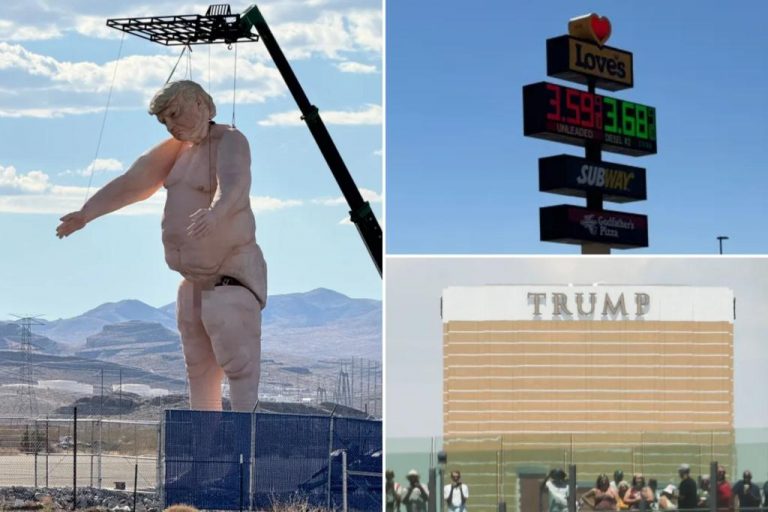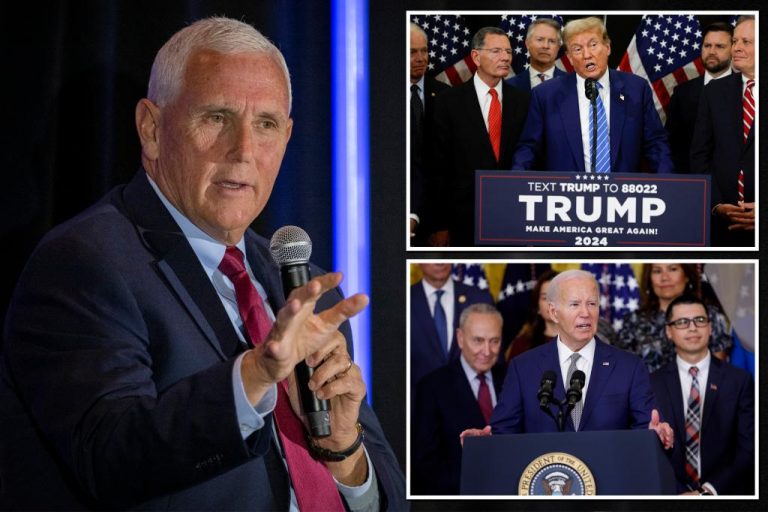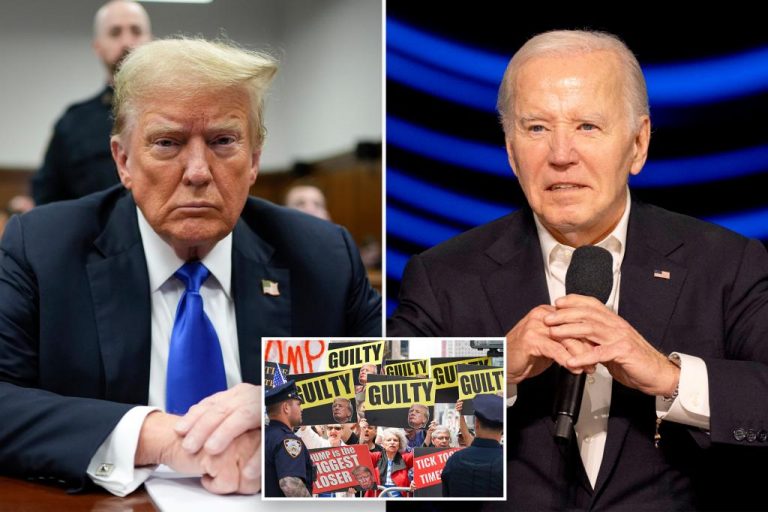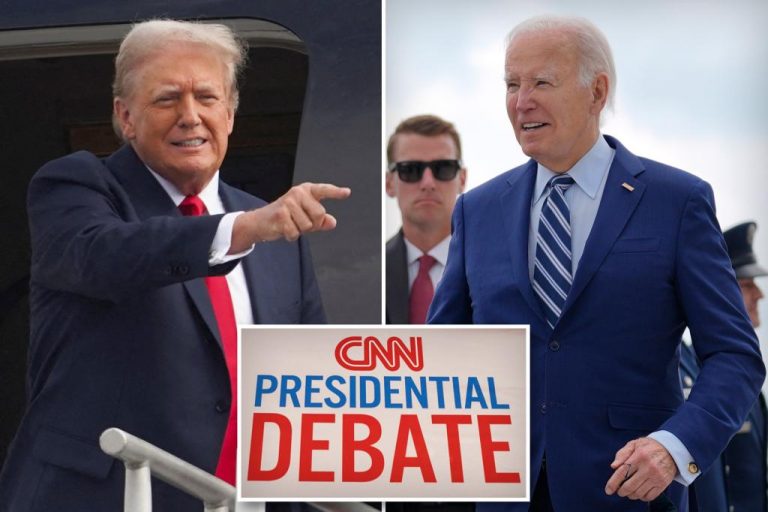Supreme Court says officials have immunity in Trump case.
The Supreme Court recently handed down a ruling that affirms the concept of ‘absolute immunity’ for official acts in cases involving former President Donald Trump. This decision has sparked a significant amount of debate and discussion among legal experts and political commentators alike.
For those unfamiliar with the term, ‘absolute immunity’ refers to the legal principle that certain government officials are shielded from legal liability for their official actions. This immunity is intended to protect officials from frivolous lawsuits and harassment in the performance of their duties.
In the case at hand, a group of protesters alleged that then-President Trump had violated their constitutional rights by ordering law enforcement to forcibly remove them from a public space near the White House. The protesters argued that Trump’s actions were motivated by a desire to suppress their freedom of speech and assembly.
After a lengthy legal battle, the Supreme Court ultimately ruled in favor of Trump, reaffirming the long-standing principle of absolute immunity for official acts. In a 7-2 decision, the Court held that presidents are entitled to broad protection from lawsuits arising from their official duties.
Writing for the majority, Justice Neil Gorsuch argued that allowing such lawsuits to proceed would unduly burden sitting presidents and interfere with the proper functioning of the executive branch. He also emphasized the importance of shielding the presidency from constant legal challenges that could detract from the president’s ability to govern effectively.
However, the Court’s decision was not without its critics. Justices Sonia Sotomayor and Ruth Bader Ginsburg penned a sharp dissent, arguing that absolute immunity could potentially shield presidents from accountability for serious violations of constitutional rights. They warned that the ruling could set a dangerous precedent and undermine the rule of law.
Legal scholars and political commentators have also weighed in on the ruling, offering a range of perspectives on its implications for the separation of powers and the limits of presidential authority. Some have applauded the Court for upholding a traditional understanding of executive immunity, while others have expressed concerns about the potential for abuse.
Regardless of one’s views on the matter, it is clear that the Supreme Court’s decision will have far-reaching consequences for the future of presidential accountability and the balance of power between the branches of government. As the debate over executive immunity continues to unfold, it is essential to maintain a careful balance between protecting the presidency and upholding the principles of democracy and the rule of law.
Ultimately, the question of how best to reconcile these competing values will likely remain a subject of ongoing debate and discussion in the years to come. In the meantime, the Supreme Court’s ruling serves as a reminder of the complex and often contentious nature of the relationship between the presidency and the legal system.


